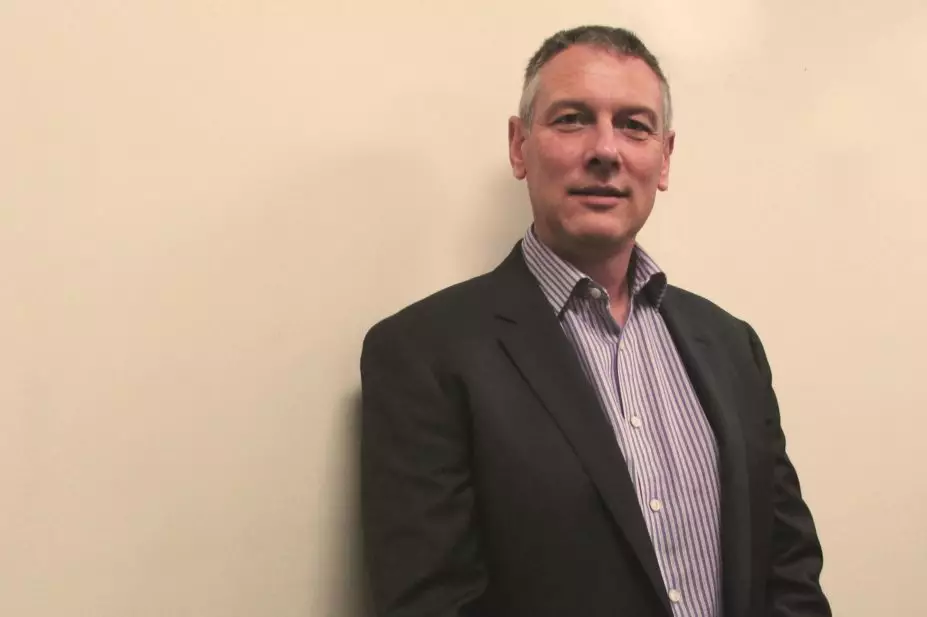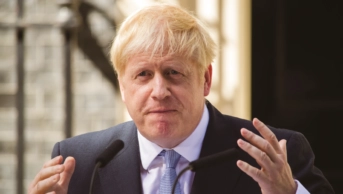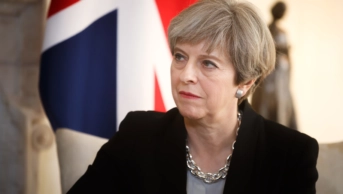
Emma Page
Money set aside to develop new pharmacy roles in primary care and integrated services in 2017–2018 was instead spent on bailing out other parts of the health service.
NHS England confirmed to The Pharmaceutical Journal that while “significant investment” from the Pharmacy Integration Fund (PhIF) was made in the 2017–2018 financial year, employing clinical pharmacists alongside GPs, there had been “other cost pressures in the system” and “some of the money that could otherwise have been spent on the 2017–2018 community pharmacy integration fund has had to be deployed elsewhere to meet those pressures”.
The admission comes after health minister, Steve Brine, told MPs in January 2018 that only half of the £42m PhIF budget for 2016–2018 – some £18.5m – had been spent.
In a letter to the All Party Pharmacy Group, Brine described “a significant underspend” of the fund, which he said had happened for “a range of reasons”.
Meanwhile, it has emerged that uptake of pharmacist and pharmacy technician leadership development opportunities — fully funded with PhIF money — have been “disappointing”.
Bruce Warner, England’s deputy chief pharmaceutical officer, said in a blog on NHS England’s website that excellence in pharmacy leadership was essential if the new roles expected of pharmacists and technicians were to be realised.
But he wrote: “All levels of the system require leadership — and it should be every pharmacy professional’s business … in this respect it is disappointing to see some of the leadership programme opportunities funded through the PhIF being undersubscribed.”
Some 600 places on the prestigious Mary Seacole leadership programme run by the NHS Leadership Academy were, for the first time, open to pharmacists and technicians in 2017.
Applications were invited from December 2017, with the promise that the cost of the six-month course would be covered with funding from the PhIF as part of its remit to support professional development and training. NHS England said that 292 of the 300 places funded for 2017–2018 were filled.
Sandra Gidley, chair of the English Pharmacy Board at the Royal Pharmaceutical Society, said the PhIF had not been used as many in the profession had hoped.
“It’s absolutely disappointing that the money isn’t being spent,” she said.
“It’s all well and good pointing out that uptake on one of the schemes hasn’t been as good as it may have been, but I think we know that many in community pharmacy thought that there would be a pot of money that somebody with a good idea could bid for and it could be evaluated, and it’s disappointing that that hasn’t happened.”
In a statement issued on 11 May 2018, NHS England said that the total PhIF for 2018–2019 had been set at £40m “to cover a number of workforce development projects”.
NHS England also said the PhIF would continue until 2020–2021 as originally intended. But it was unable to confirm the size of its budget beyond this financial year on the grounds that it will be subject to review “with each planning cycle”.


